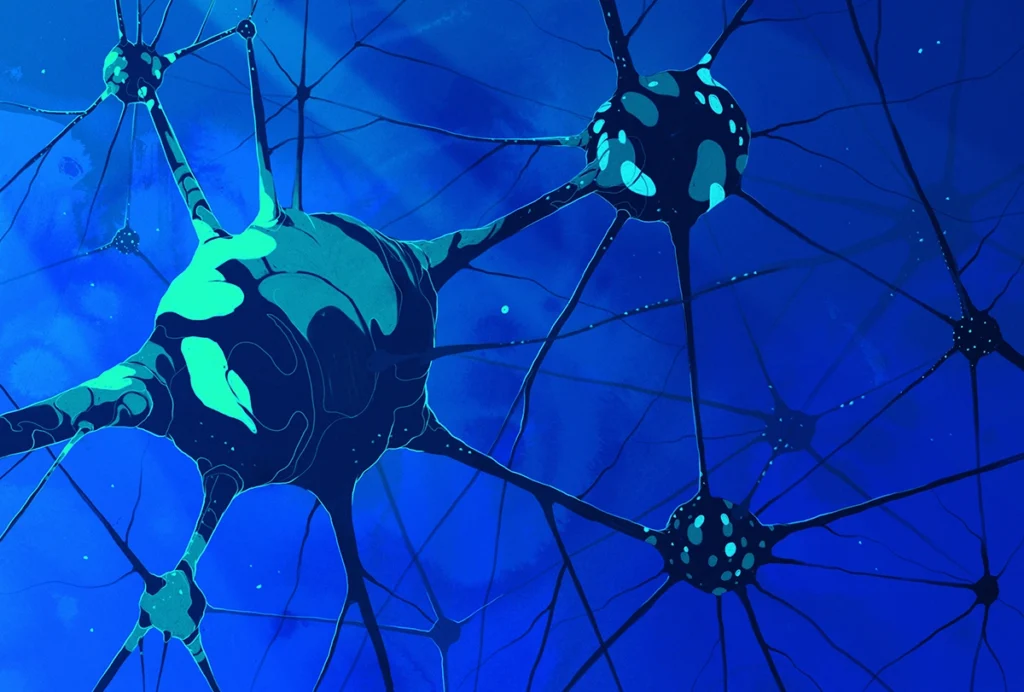Anne E. West is professor of neurobiology and cell biology and associate director of the Medical Scientist Training Program at the Duke University School of Medicine in Durham, North Carolina. She is a member of the Duke Institute for Brain Sciences, the Duke Cancer Institute, and the Center for Advanced Genomic Technologies. She also serves as scientific director of the Viral Vector Core at Duke University.
West is a molecular geneticist whose research focuses on identifying the regulatory mechanisms that control the development and plasticity of the brain. She studies how environmental experiences are transduced into changes in brain function via epigenetic modification of the genome. Her lab uses transgenic mice, sophisticated behavioral analyses, biochemical and cell biological methods, and high-throughput-sequencing techniques to elucidate the mechanisms by which chromatin regulatory proteins promote adaptations in neuronal function. In addition to enhancing understanding of normal brain development and plasticity, her studies are revealing how dysregulation of neuronal gene transcription contributes to cognitive impairment, addiction and neurodevelopmental conditions.
She obtained her B.A. in 1989 from Cornell University, College of Arts and Sciences, where she did undergraduate research in chemical ecology. She received her M.D. and Ph.D. in 1998 from Harvard Medical School, with research in neuronal cell biology. She then did postdoctoral research at Children’s Hospital in Boston, Massachusetts, studying signal transduction and activity-dependent plasticity in neurons. She came to Duke University in 2005.
West is highly involved in graduate education and university governance at Duke. Outside of Duke, she serves on the Board of Reviewing Editors at eLife and is a frequent grant reviewer for the National Institutes of Health and various foundations.





